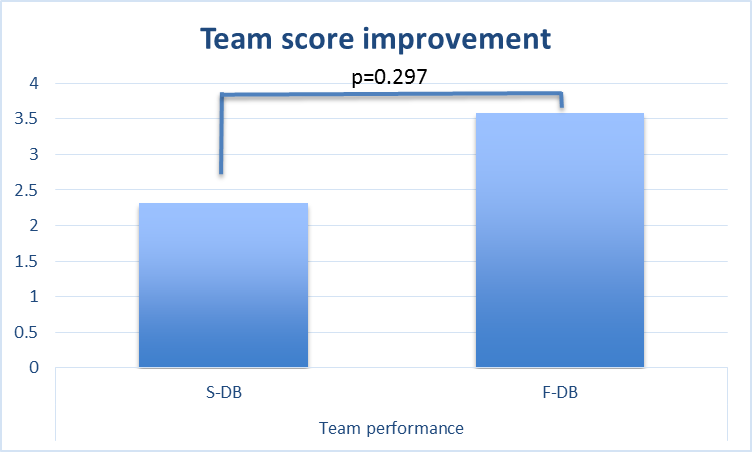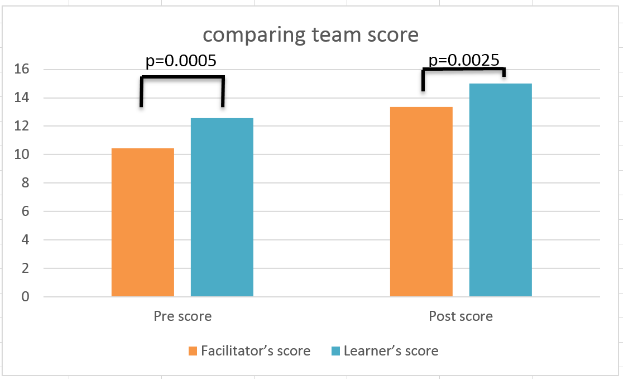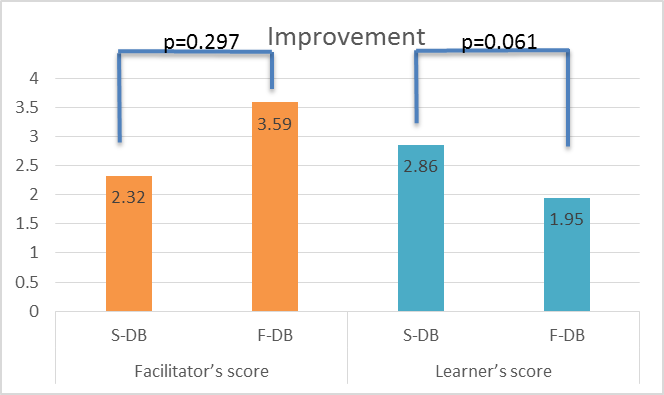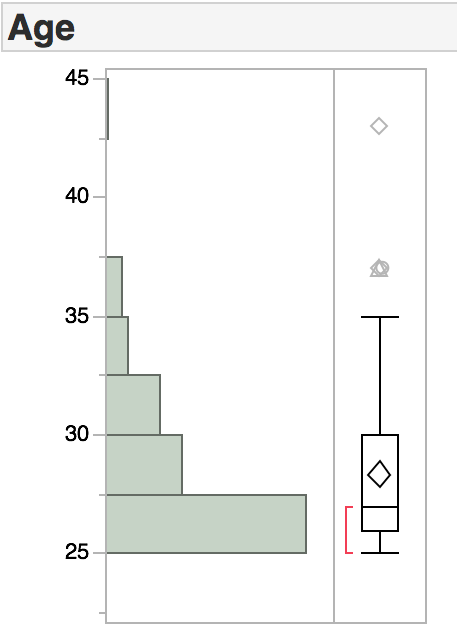


Theme
10II Simulator
INSTITUTION
Tokyo Jikei University School of Medicine, Tokyo Japan
University of Hawaii John A. Burns School of Medicine, SimTiki Simulation Center, Honolulu USA
Okayama University, Okayama Japan. Kyoto University School of Public Health, Kyoto Japan

It is well known that scenario based simulation education is one of effective experimental learning methods. Debriefing, facilitated or guided reflection in the cycle of experimental learning, is usually led by facilitator. However, “Self” or “instructorless” formative debriefing using a checklist guide is a form of deliberate practice, scripted collaboration, or reflection within a grading framework. Self debriefing can improve efficiency of simulation based instruction, and may be as effective as instructor led debriefing. This study is comparing the pre-post simulation results of personal and team assessment, in “checklist enabled self-debriefing” and “traditional instructor led-debriefing” groups.
Study design: prospective, controlled educational cohort intervention study.
Subjects: 4th grade medical students and PGY1 residents in Hawaii.
Method: 132 medical students and residents were assigned to 36 clinical teams, each of which completed 4 scenarios in the same sequence. The scenarios are from a course conducted the first month of PGY1 training. We randomly assigned teams to 17 control facilitator led debriefing (F-DB) groups or 19 intervention self debriefing(S-DB) groups on alternating day. Just after having brief overview by the facilitator at the end of each scenario, the S-DB group moved to next room and started self-guided debriefing with checklist. By contrast, the F-DB group continued bed side facilitator-guided debriefing. After the first and last scenario, all learners rated their personal and team performance using global rating score (GRS). Facilitators rated each group’s team performance using GRS. To ensure the fairness of education, we had didactic lecture about teaching points of every scenarios at the end.
There is no conflict of interest which needs to be disclosed.
• We sought to provide learners a more effective learning process, through use of a self assisted formative debriefing method, using a checklist. In teamwork and personal assessment, both F-DB and S-DB groups increased pre-post scores.
• The improvement of team performance score was not significantly different between learner’s perspective and facilitator’s perspective. This suggests there is good potential for self-guided formative debriefing compared to facilitator-led debriefing for teamwork performance.
1:Ruth M. Fanning, and David M. Gaba. The Role of Debriefing in Simulation-Based Learning: Simulation Healthcare 2007;2:115-125
2:Boet S, Bould MD, Bruppacher HR, Desjardins F, Chandra DB, Naik VN. Looking in the mirror: self-debriefing versus instructor debriefing for simulated crises. Crit Care Med. 2011 Jun;39(6):1377-81.
Outcome measures were analyzed using paired t-test and analysis of correlation.
Analyzing learner’s own assessment


Graph 1: Team and Personal performance score improvement in both debriefing method group. (Error bars stand for 95% confidential interval)
Analyzing facilitators’ assessment


Graph 2: Improvement of team performance score by facilitator in both debriefing method group.
Comparing facilitators’ assessment and learner’s assessment.


Graph 3: Comparing team performance score of both debriefing method group in facilitator’s and learner’s score.

Graph 4: Improvement of team performance of both debriefing method group in facilitator’s and learner’s score.
Age of learners

Graph 5: Distribution of learner’s age. Mean age=28.33 (SD=±3.13)

SUMMARY
• Both team and personal performance GRS improved regardless of the debriefing method in learner’s score. (Table 1, Graph 1)
• Team performance GRS improved regardless of the debriefing method in facilitator’s score. (Table 2, Graph2)
• Learner’s score was relatively higher than facilitator’s score for team performance. (Graph 3)
• The debriefing method (F-DB vs S-DB) showed no interaction of team performance improvement in both facilitator’s and learner’s score. (Table 3, Graph 4)
• There were no correlations between learner’s age and learner’s score nor facilitator’s score. (Table 4, Graph 5)
 Send Email
Send Email